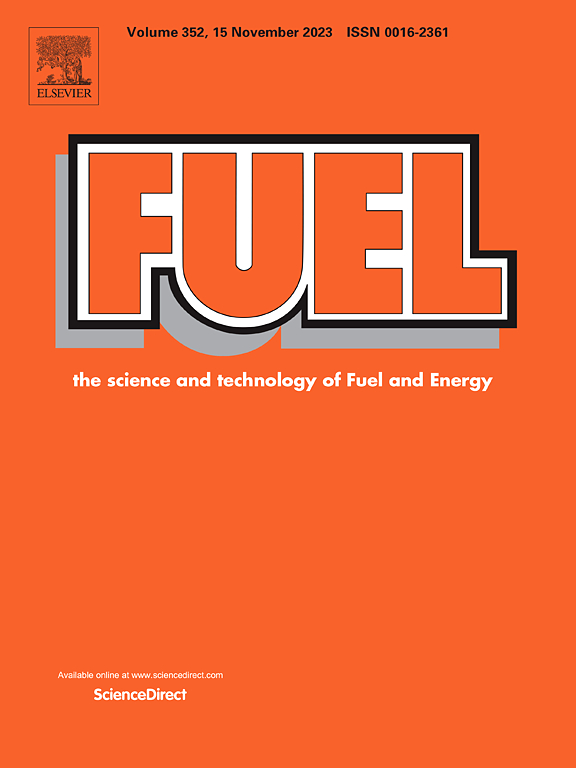Prospect of green vehicle sectors in Bangladesh in light of biogas from animal manure through anaerobic digestion
IF 6.7
1区 工程技术
Q2 ENERGY & FUELS
引用次数: 0
Abstract
This study investigates the potential of biogas production from animal manure in Bangladesh, focusing on its technical feasibility, environmental benefits, and economic viability. Using data from 2023 to 2041, the study projected the technical potential of biogas to increase from 2.65 Bm3 in 2023 to 3.85 Bm3 by 2041, with chicken and cow manure identified as the primary contributors. It was determined that 2041 biogas could replace approximately 3.5 million petrol-powered and 3 million diesel-powered vehicles, significantly reducing the country’s reliance on fossil fuels. The study also revealed that substituting diesel with biogas could reduce carbon dioxide emissions by over 2,040 tons annually by 2041, with Dhaka showing the highest reduction potential. The economic feasibility analysis of a proposed anaerobic digestion (AD) plant indicated a net profit of 61,311.23 M$ over a 20-year lifespan, with an investment payback period (IPBP) of 6.73 years and a Levelized Cost of Energy (LCOE) of 0.062 $/kWh, making biogas a competitive renewable energy source. Additionally, the study highlighted the environmental benefits of AD technology, including waste reduction, nutrient recycling, and the creation of biofertilizers. These findings underscore the significant potential of biogas production to contribute to Bangladesh’s renewable energy goals, reduce greenhouse gas emissions, and enhance energy security.
求助全文
约1分钟内获得全文
求助全文
来源期刊

Fuel
工程技术-工程:化工
CiteScore
12.80
自引率
20.30%
发文量
3506
审稿时长
64 days
期刊介绍:
The exploration of energy sources remains a critical matter of study. For the past nine decades, fuel has consistently held the forefront in primary research efforts within the field of energy science. This area of investigation encompasses a wide range of subjects, with a particular emphasis on emerging concerns like environmental factors and pollution.
 求助内容:
求助内容: 应助结果提醒方式:
应助结果提醒方式:


